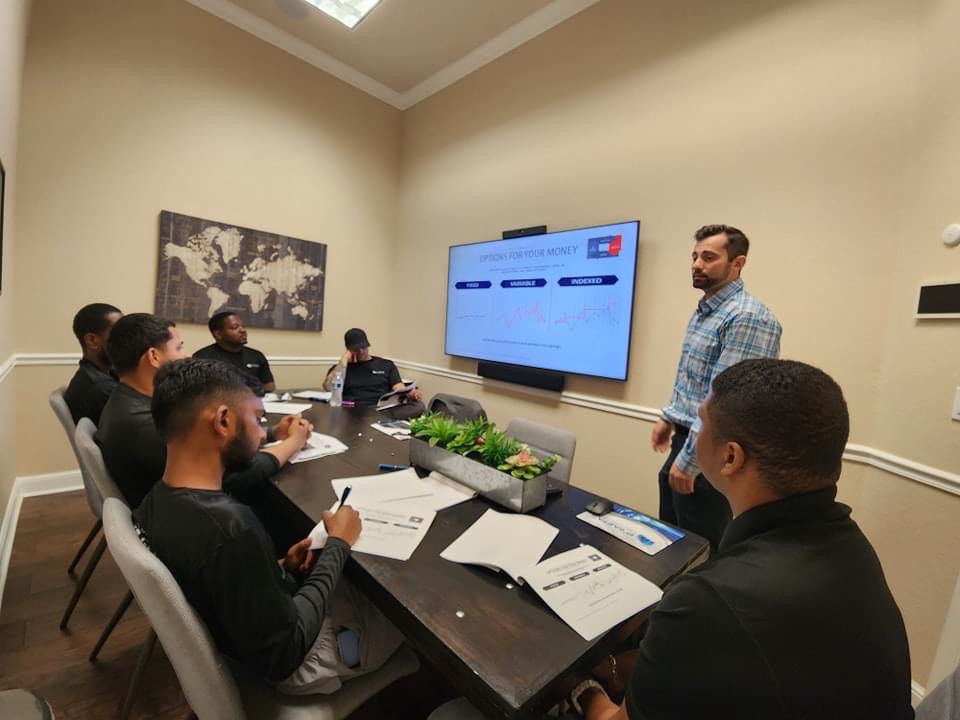Imagine you’re at a school fair, and there’s a popular game booth where you can win cool prizes. Everyone wants to play, but there are only a few spots available. Because so many kids want to play, the booth owner decides to charge more tickets for each game. This is a bit like how inflation works in the economy.

Here are some main reasons why prices go up, or what causes inflation:
1. More People Want to Buy Things (Demand-Pull Inflation)
Imagine a new smartphone model is released, and suddenly everyone wants to buy it. If the company can’t produce enough of these phones quickly, the high demand compared to the limited supply can drive the price up. This is called demand-pull inflation, which occurs when the demand for goods and services exceeds the supply.
2. It Costs More to Make Things (Cost-Push Inflation)
Let’s say the cost of the materials to make that smartphone suddenly gets more expensive. Maybe the price of the microchip processors for the phone or the cost of paying the engineers and programmers goes up. The company has to spend more to make the phone, so they charge more for it. In the real world, when it costs more to produce things like food, clothes, or cars, the prices of those items go up too. These increased costs are often passed on to consumers in the form of higher prices.
3. People Expect Prices to Keep Rising (Built-In Inflation)
If everyone thinks that the price of toilet paper will go up next month, they might buy more now. This extra sudden demand can create a self-fulfilling prophecy where the expectation of inflation leads to actual inflation, as businesses and consumers adjust their behavior in anticipation of higher prices.
4. More Money in the Economy (Monetary Factors)
Inflation can be influenced by central bank policies and the overall supply of money in the economy. When a central bank, like the Federal Reserve, lowers interest rates, it makes borrowing cheaper. This can lead to more spending and investment, increasing demand and potentially driving up prices. If the central bank prints more money, the increased money supply can lead to higher spending, which, if not matched by an increase in production, can cause prices to rise.
5. Outside Influences (External Factors)
Inflation can also be driven by factors outside the domestic economy. If the exchange rate falls, imported goods become more expensive. Global increases in commodity prices, such as oil or food, can also lead to higher costs for domestic producers and consumers, contributing to inflation.

In Simple Terms
Inflation happens when prices go up. It can be because:
- More people want to buy things than there are things available.
- It costs more to make those things.
- People expect prices to keep rising and act accordingly.
- There’s more money around, so people spend more.
- Things happening in other countries affect our prices.
Concluding
Inflation can effect our own way of living if at a high rate. It is important to pay attention to the inflation numbers so you can make financial decisions that best suit you and your family. We hope this helps you understand what causes inflation and if you have more questions, please feel free to reach out to our team of financial professionals today.



